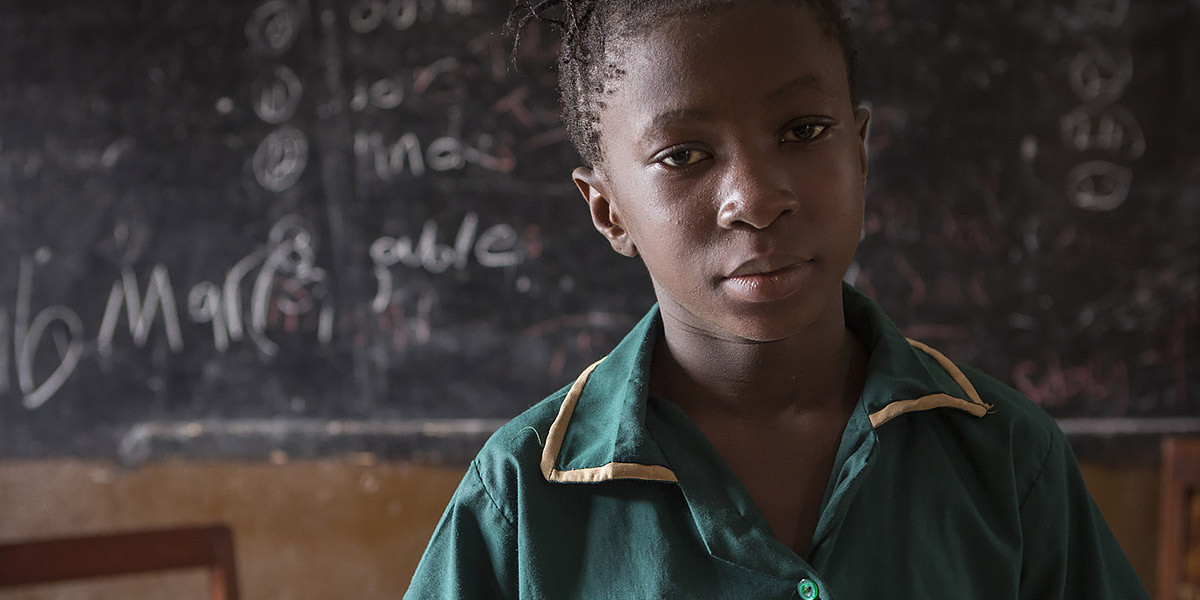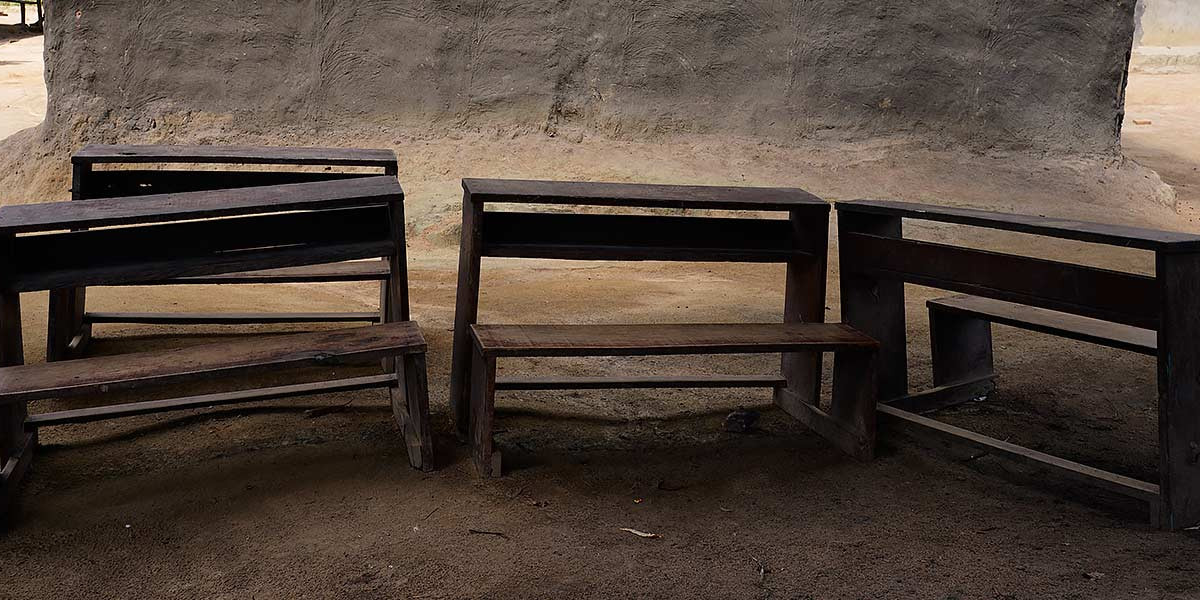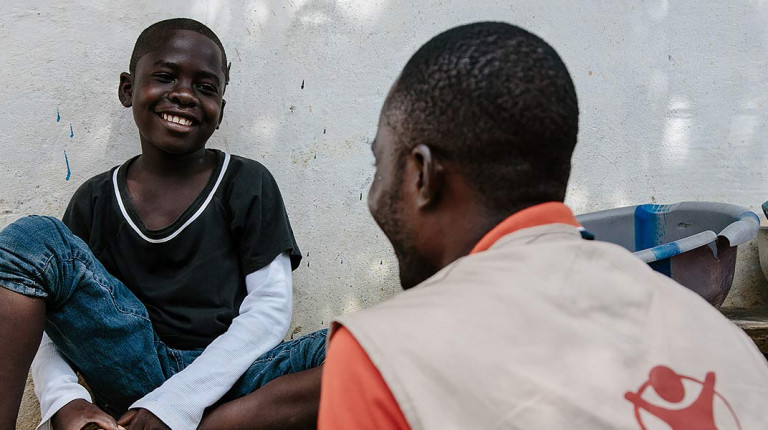Lydiah was eight years old when she was orphaned. When the Ebola virus reached her homeland of Sierra Leone, it took her mother, her grandmother and her aunt.
Lydiah didn’t even get to hug her family goodbye. Her father had died two years earlier.
The virus infected more than 28,000 people, killing more than 11,000.
But the outbreak left more children struggling in its wake than it infected when it was declared a public health emergency in 2014.
Lydiah spent more than a month in quarantine before going to live with her brother, and his wife. The crisis affected her brother’s business, and closed her school for nine months.
A year after Save The Children launched its appeal, West Africa is slowly recovering from the devastating outbreak.
Although sporadic cases still occur, the rates of infection have stabilised in Guinea and Sierra Leone, and Liberia has been declared Ebola-free.
Horrifying images of body bags, open graves, and medics in protective suits are no longer on our televisions and in our newspapers.
But the crisis is far from over
Businesses have been left shut, economies devastated. Foreign investment has been withdrawn, and borders closed. An already struggling health system has been left decimated.
For the children who survived the deadly virus, many now face a bleak future.
Early in 2015, we teamed up with Plan International and World Vision to consult over 1,100 children in Sierra Leone about how Ebola affected their lives. What they told us was sobering. We heard stories of lost childhoods, missed opportunities, exploitation and abuse.
Many children were forced to drop out of school and cannot afford to go back. Families have lost their homes and possessions. Poverty has driven many into child labour. Without the safety of the classroom, girls are even more open to the risk of abuse. One in every ten children who was interviewed knew a girl who had been forced into child prostitution to survive.
Helping these vulnerable children is an essential part of our response.
As Ebola subsides, Save the Children is helping to rebuild the lives of the children growing up in its aftermath.
We have reached almost 4.6 million people, including more than 2 million children:
- As the treatment centres start to close, we are working to educate people on Ebola, and how families can protect themselves in the future.
- We are working with Governments to strengthen water, sanitation and health systems.
- We are helping with food, household and school supplies.
For children like Lydiah, we are providing essential emotional support and working to get them back into the education system.
Lydiah is back at school and goes to a children’s club, supported by Save The Children. Once a week she meets a support worker, who she now calls her ‘uncle’.
Communities are slowly are building their strength in the wake of the outbreak, and for children like Lydia, the future looks brighter.




